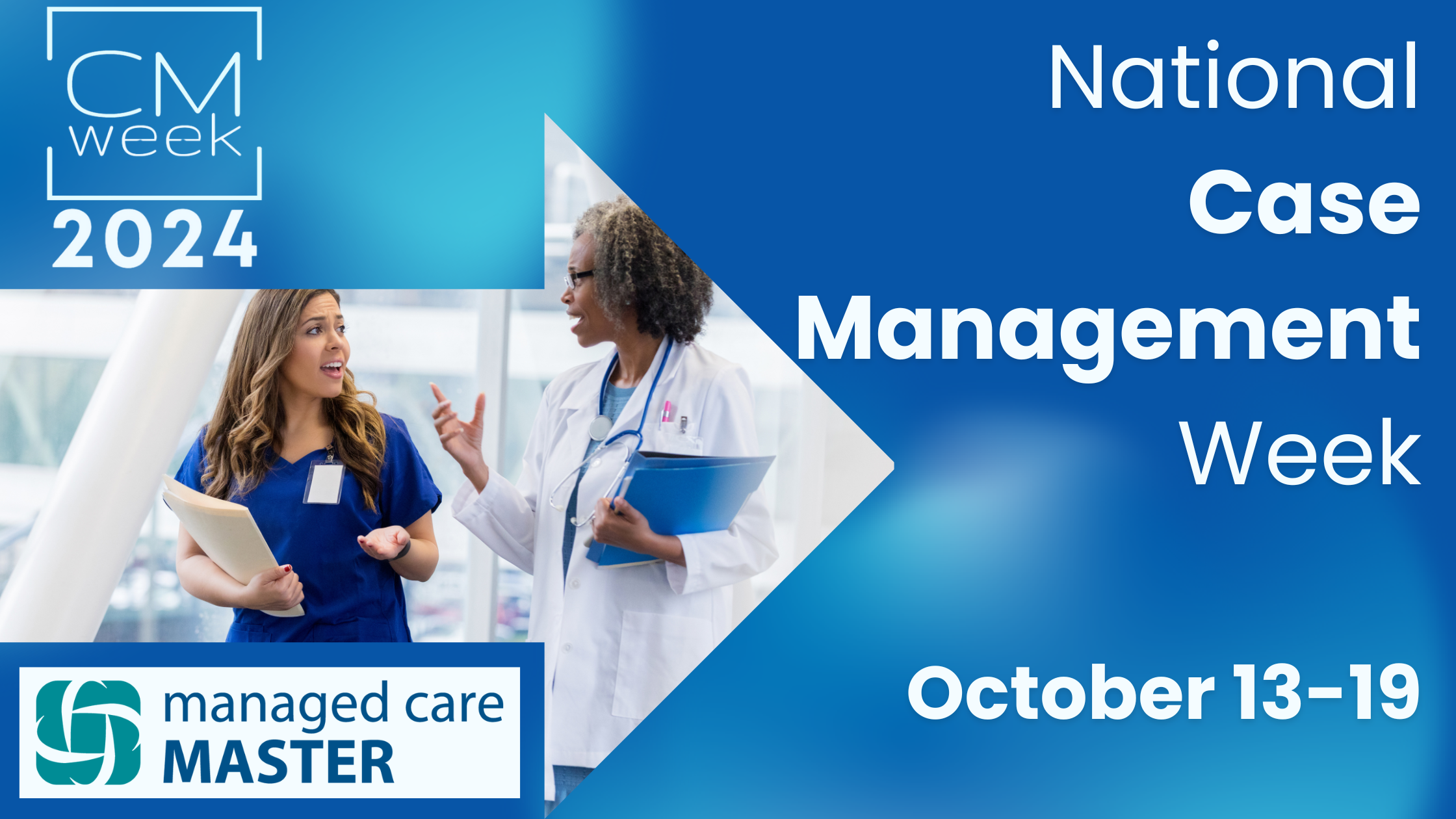Debunk common flu vaccine myths and understand the importance of annual flu shots for everyone in your community.
The temperature has started falling and distant relatives have started calling—the holiday season is in full swing, which means flu and vaccine season is well underway! Worryingly, however, a summer survey1 from the National Foundation for Infectious Diseases (NFID) found that "nearly half [of US adults] have said they do not plan to or are unsure they will get vaccinated against flu this season." Persistent misinformation or conflicting data surrounding vaccinations can discourage some people from taking that step.
Let’s dispel some common myths about flu season! Here are a few easy-to-remember facts that we can use to encourage others in our community to stay healthy even during this vulnerable time.
MYTH: Only the very young, very old, or chronically sick should get vaccinated.
FACT: Generally speaking, the more members of a community are vaccinated against an illness, the better for everyone. The practice of “herd immunity,” which most adults became familiar with in 2020, is a historically effective means of stamping out many persistent diseases.
Plus, someone with a perfectly healthy immune system can still become a viral carrier and infect those who are less protected. None of us lives in a vacuum; we each have friends and loved ones we want to protect from the dangers of the world. We can protect them from the flu by vaccinating ourselves.
MYTH: Getting the flu vaccine gives you the flu anyway.
FACT: This fear comes from an imperfect understanding of how vaccines work. The flu vaccine injects an inactive (i.e. dead) fragment of the virus strain into the bloodstream. Doing this provides the immune system with a “blueprint” of the virus, helping it recognize that same strain if it appears again, which means the body’s defenses will be able to react against it more quickly. However, this injected viral remnant cannot suddenly reanimate and begin infecting the body.
CDC data consistently shows the flu vaccine has one of the highest safety records of all commercial vaccines2. Side effects are varied but almost always mild, with the most common detriment being a few hours of dull soreness or stiffness around the injection site.
MYTH: I only have time for a COVID (or other) vaccine. I can’t schedule a second one.
FACT: It’s important to prioritize the preventative health efforts that are more likely to affect you. But it’s worth noting that many places that offer multiple vaccinations will often also be willing to administer them consecutively, within the same visit. If you’ve scheduled a COVID vaccine, ask the provider if they would be willing to include a flu vaccine as well. Although you would need separate vaccines for each virus, they can be administered together in most cases with no significant risk of compounding side effects.
MYTH: It’s okay to wait several years or longer between flu vaccines.
FACT: This can be true for some vaccines, but influenza is a special case. The flu virus is especially resilient due to its high rate of mutation. Like cars or smartphones, there’s a new model every year. The viral “blueprint” supplied by last year’s vaccine formula is likely to be outdated and unhelpful against this year’s strain.
Additionally, the vaccines themselves do become less effective over time. Much like a single allergy pill won’t relieve the associated symptoms forever, a single vaccine will only protect you for a limited time, even against even the specific strain it’s designed for. Renew those immune defenses annually.
MYTH: I need to schedule an appointment with my primary care physician to be eligible for a flu vaccine.
FACT: Your primary doctor is certainly a great resource for vaccines and any questions relating to them. However, in recent years several other sources have emerged as viable alternatives, some of which may actually be more convenient.
If you want another option, consider checking an urgent care facility, college or public-school health center, pharmacy, or your local health department. Many of these offer low- or no-cost vaccines to children and adults. Appointments are common, but not always required; some walk-ins may be allowed. Regardless, plan ahead if you can and contact one of these places in advance to confirm their vaccine policies and procedures.
2 https://www.cdc.gov/flu/professionals/acip/app/safety.htm
Email us. We want to hear from you!
/Prime-Care-Technologies-Logo.png?width=191&height=55&name=Prime-Care-Technologies-Logo.png)


/PCT-Trans.png)

.jpg)